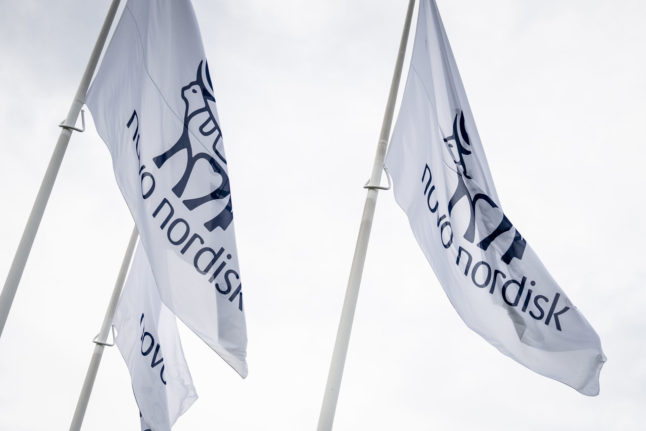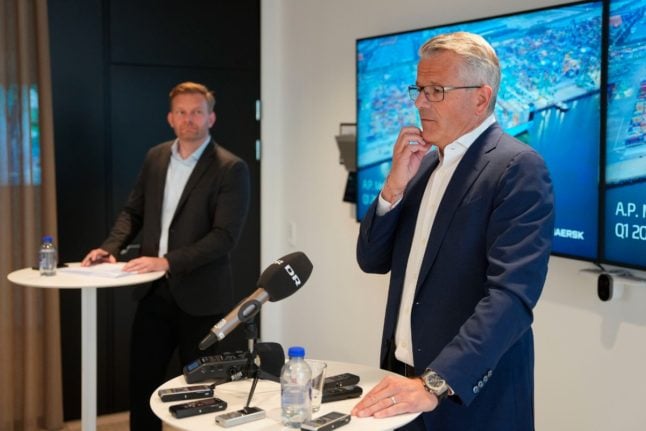Sales of the Ozempic and Wegovy treatments have made Novo Nordisk the most valuable company in Europe by market capitalisaiton.
But the drugmaker has struggled to keep up with demand for the drugs, which both rely on its GLP-1 analogues, a medicine which increases the amount of an intestinal hormone that secretes insulin.
The company said the investment would be used to “expand existing manufacturing facilities in Kalundborg, Denmark, for the current and future product portfolio within serious chronic diseases.”
“The investment will create additional capacity across the entire global value chain from manufacturing of active pharmaceutical ingredients (API) to packaging, with the vast majority invested in API capacity,” Novo Nordisk said in a statement.
It added a new “multi-product facility” would be constructed, and the investment was expected to lead to the creation of 800 new jobs — 700 in the new API facility and 100 in a new packaging facility.
“The investment, which includes GLP-1 products, will increase Novo Nordisk’s ability to meet future market demands,” the company said.
Ozempic is an injectable anti-diabetic treatment which became wildly popular on social networks for its slimming properties, even though it is not approved for such use.
Wegovy, which has the same active ingredient as Ozempic in a different dose, was approved by US regulators to treat obesity.
In early November, Novo Nordisk reported a 56 percent increase in third quarter profits, reaching 22.5 billion kroner in the period from July to September.
Sales meanwhile rose 29 percent to 58.7 billion kroner.



 Please whitelist us to continue reading.
Please whitelist us to continue reading.
Member comments